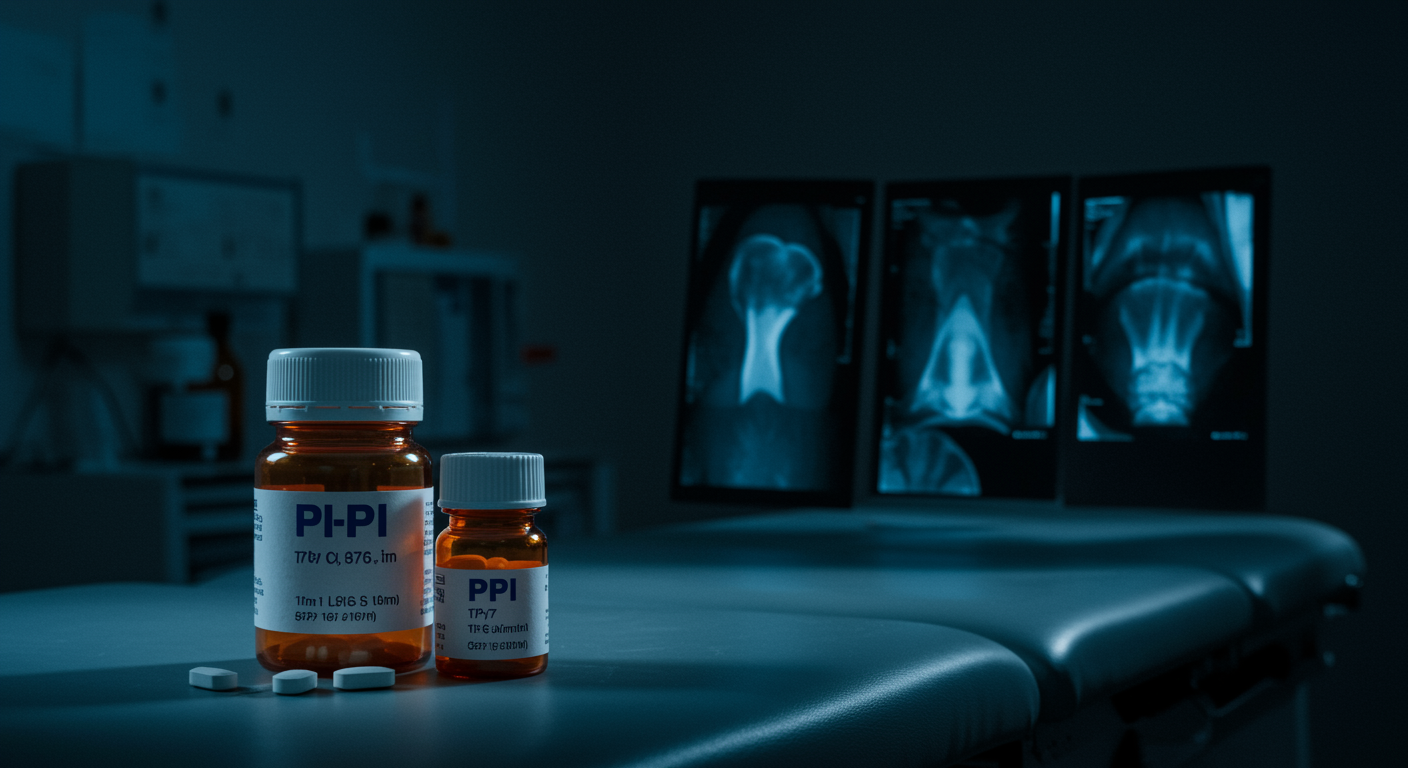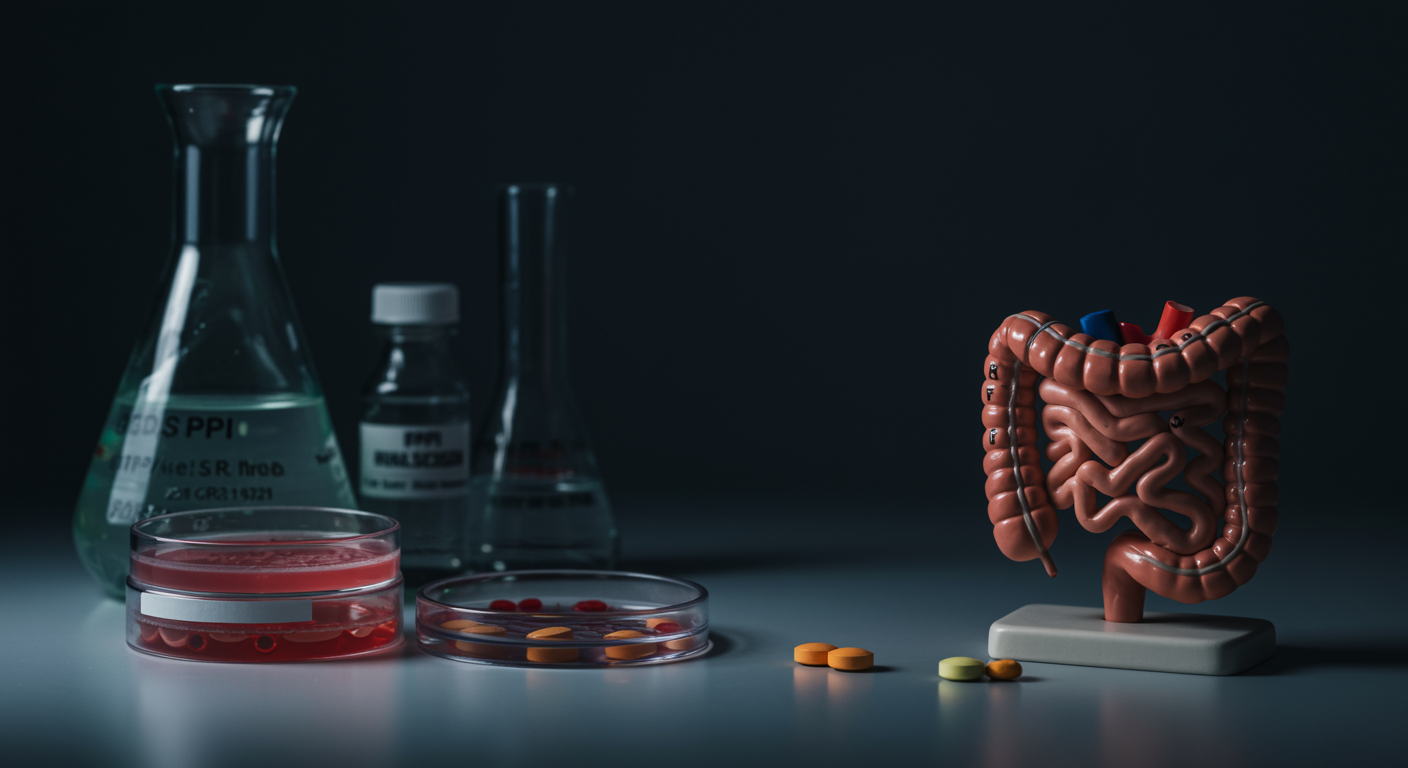PPIs Increase Fracture Risk by 30%: Meta-Analysis of 11 Studies
Do Proton Pump Inhibitors Increase Your Risk of Bone Fractures?
Yes, proton pump inhibitors significantly increase fracture risk by approximately 30% overall, with hip fractures showing a 34% increased risk according to this comprehensive meta-analysis of 11 international studies. The risk appears highest with long-term use and higher doses, particularly affecting hip, spine, and wrist fractures in older adults.
Dr. Kumar’s Take
This meta-analysis provides compelling evidence for one of the most serious long-term PPI risks. A 30% increased fracture risk is clinically significant, especially for older adults who are already at higher baseline fracture risk. The mechanism likely involves impaired calcium absorption due to reduced stomach acid, along with potential direct effects on bone metabolism. This doesn’t mean we should avoid PPIs when truly needed, but it reinforces the importance of using the lowest effective dose for the shortest duration possible, especially in high-risk patients.


